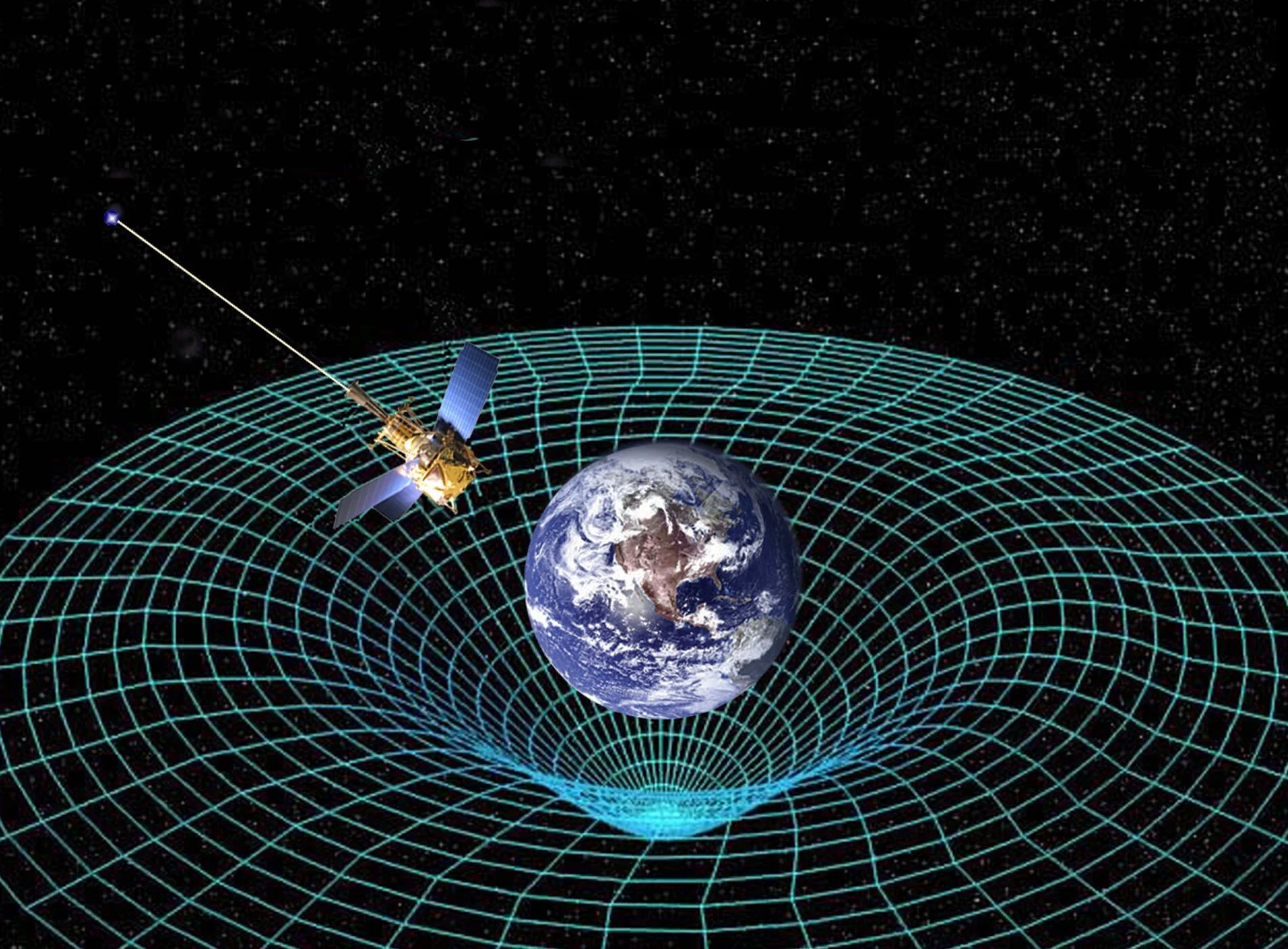This week we’re exploring NASA’s iconic Space Shuttle, the vehicle that ferried crew, cargo and critical payloads into space for 30 years before retiring in 2011.
Read MoreDid you know that Earth has two shadows? Tonight (and early tomorrow morning) you can see their effect in a lunar eclipse as the Moon crosses through the outer edge of Earth's shadow in space.
Read MoreChoosing a telescope can be a little daunting for the uninitiated, balancing your budget, interests and future growth all in one decision isn’t easy, but investing a little extra research in this first step can reward you with years of positive stargazing experiences.
Read MoreSky & Telescope has a long history of introducing beginners to the night sky, here’s some advice for telescope buying from the editors.
Read MoreWhile new stargazing equipment can be exciting, there are a few pitfalls that beginners should be on the lookout for in order to have a positive experience.
Read MoreStandley Lake Stargazing is a volunteer science and astronomy outreach group that brings live educational programming and events to the community. We recently shared our story with VoyageDenver
Read MoreMeteor showers are a rewarding event to observe, and aren’t as rare as you might think! In fact, there are active meteor showers practically every night of the year, though the headliners like the Perseids and Geminids tend to overshadow the less active showers. One such shower is the Leonids, which continues to ramp up to its peak the night of Nov. 16, meaning you can start looking for meteors tonight.
Read MoreWhat does it mean to ask “why?”
Read MoreOrion, The Hunter, is one of the most recognizable constellations in the entire sky. It’s also home to a plethora of deep-sky gems that can be appreciated with anything from the naked eye to an advanced telescope!
Read MoreThe phrase “everything is relative” has deep cosmological origins. Albert Einstein proposed the notion that space and time are interwoven, allowing for all sorts of strange and counterintuitive possibilities. But general relativity has all sorts of implications on our daily lives in ways you may never have imagined!
Read MoreThe few human beings who have had the opportunity to view our home planet from space often describe how enlightening the perspective change feels. Visual artist Sean Doran has created a beautiful montage of images from the International Space Station that when blended together recreate the experience of flying around planet Earth in real time.
Learning constellations can be a rewarding (if a little daunting) pursuit. Having a mental picture of the major constellations will pay dividends keeping you oriented in your stargazing pursuits. Some of the easiest constellations to find aren’t technically constellations, but recognizable patterns known as “asterisms.”
Read MoreJupiter, Saturn, Mars and the Moon are all visible almost immediately after sunset, be sure to check them out this weekend!
Read MoreScott Manley hosts a highly informative YouTube channel which covers all things space related, often diving deep into rocket science but aimed at general audiences. Here he breaks down some of the week’s biggest space news, including the discovery of more water on the Moon, the asteroid sample from the OSIRIS-REx mission, and much more!
Read MoreNASA announced Monday that it’s discovered more water on the Moon than previously thought, particularly on sunlit faces. But how does it get there in the first place?
Read MoreFor the next several days the Moon will approach Mars in Pisces, forming an easy guide to Mars if you’re uncertain about how exactly to find it.
Read MoreNASA had a big announcement about the moon today: more water! While scientists have known about lunar H2O for a while, the scope of abundance wasn’t fully established and some of the discovery sites have been very surprising.
Read MoreWeather permitting, this next week offers a great viewing opportunity to see Moon, Mars, Jupiter and Saturn visible in the evening, and Venus rising an hour before the sunrise. Not to mention some new comets!
Read MoreAfter the rare visit of comet NEOWISE earlier this year, we’re treated to the arrival of four new comets this fall!
Read MoreA spent rocket upper stage from the Apollo era is returning to Earth. At first 2020 SO appeared to be one of thousands of near-Earth asteroids that NASA tracks as part of its early detection system, but upon closer inspection it turned out to be the upper stage of a Centaur rocket that took a probe to the lunar surface in 1966!
Read More



















